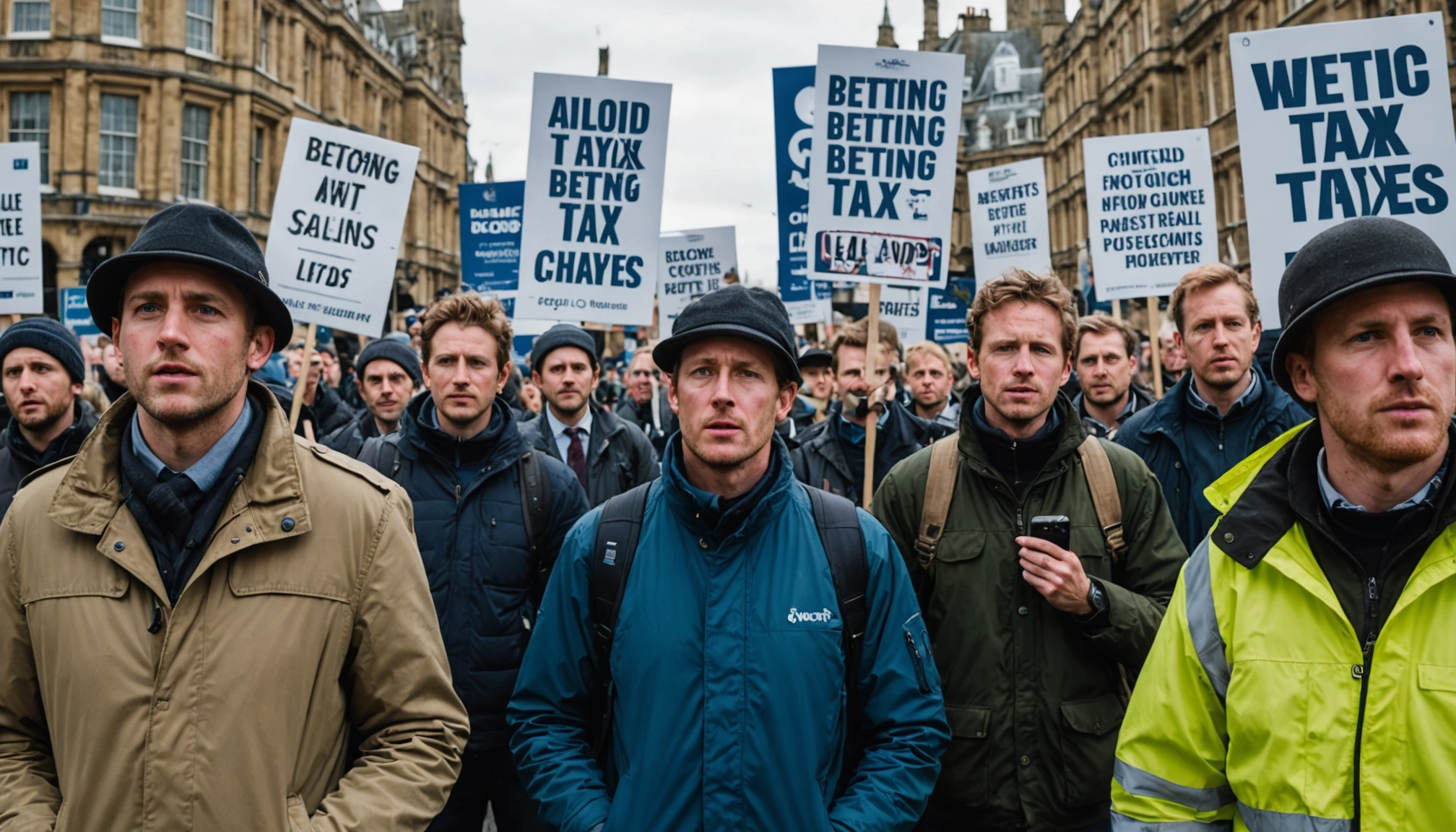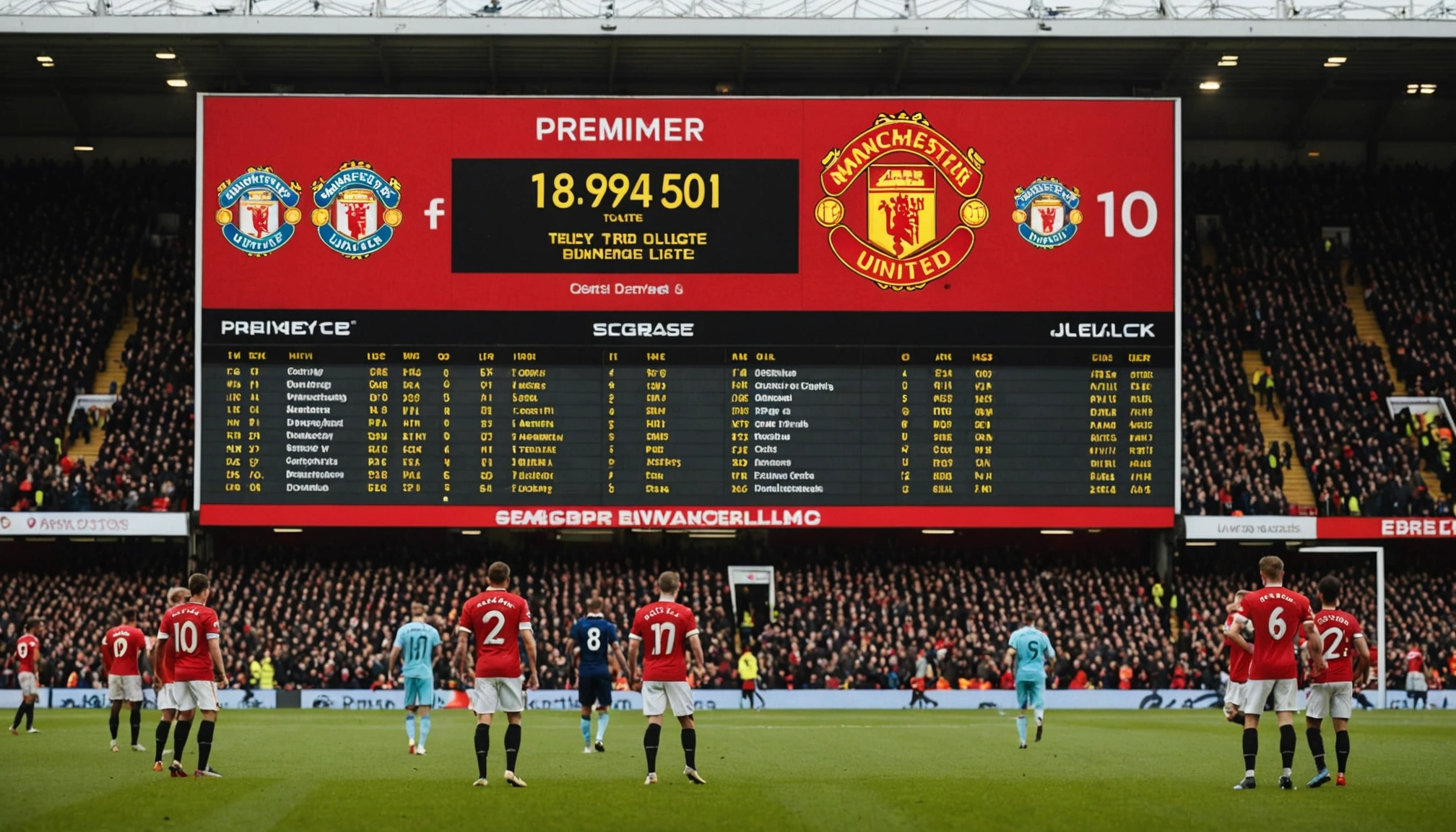Racing Strike: Jockeys Unite Against Betting Tax Hike
Jockeys and trainers protest in Westminster over proposed betting tax hikes threatening £66m and 2,700 jobs in British horse racing.

By Editorial
Introduction To The Racing Strike In Westminster
On 10 September 2025, British horse racing witnessed an unprecedented event as jockeys, trainers, and key industry figures gathered in Parliament Square to protest against proposed betting tax changes. This rare show of unity saw racing action grind to a halt, with fixtures at Carlisle, Uttoxeter, Lingfield, and Kempton cancelled voluntarily for the first time in the sport’s modern history.
The protest aimed to highlight serious concerns over the government’s proposal to harmonise betting duties, increasing the racing tax from 15% to 21%, aligning it with the tax on games of chance. The move threatens the financial stability of the sport and the livelihoods of thousands connected to it.
Why The Proposed Betting Tax Is Seen As An Existential Threat
Economic analysis commissioned by the British Horseracing Authority (BHA) estimates a £66 million loss in revenue within the first year, with 2,752 jobs put at risk. Lord Allen, chair of the BHA, described the proposal as "nothing short of an existential threat for our sport." Such a tax hike could drastically reduce prize money, sponsorship, and investment, striking at the very lifeblood of British horse racing.
John Gosden, one of Britain’s leading trainers, emphasised the gravity of the situation: "I have 100 employees and I won’t be able to sustain that. If this continues, I could be forced to lay off dozens. For smaller yards, the impact will be even more severe." His words highlight how the tax proposal could ripple beyond the top tier, affecting grassroots racing and related industries.
Jockeys And Trainers Stand United In Protest
Leading jockeys including Hollie Doyle, Oisin Murphy, and Tom Marquand took to the streets of London, wearing 'Axe The Racing Tax' silks. Alongside them were Paul O'Brien, Saffie Osborne, Kieran Shoemark, Lilly Pinchin, and former rider Richard Johnson. They held banners and were joined by a mobile LED billboard and a horse statue emblazoned with protest slogans, attracting significant media coverage.
The protest was not just symbolic; it was a call to the government to reconsider. Trainer Andrew Balding echoed these concerns, stating, "The viability of businesses like mine depends on the success of British racing. This tax proposal threatens jobs and the entire industry’s future." His yard at Kingsclere employs 90 full-time staff, all potentially at risk.
Government Perspectives And Parliamentary Voices
Amid the protest, voices in Parliament expressed nuanced views. Labour MP Alex Ballinger, part of the All-Party Parliamentary Group for gambling reform, acknowledged the need to address gambling harms but emphasised a clear distinction between horse racing and more addictive online gambling forms.
Ballinger said, "Horse racing is a traditional sport with slow-paced betting supporting many jobs. Harmonising betting taxes with online casinos, which are highly addictive, could do more harm than good. We should differentiate and target more harmful gambling forms for higher taxes." His comments suggest the government is open to dialogue, reflecting the protests’ impact.
Potential Impact On The Wider Sporting Landscape
The proposed tax changes threaten more than just racing; they risk undermining a British sporting tradition that supports thousands of jobs, from stablehands and trainers to media professionals. The cancellation of races in September was a bold statement of the sport’s vulnerability.
For fans and followers of other major sports, the situation offers a reminder of how government policy can impact sporting ecosystems. For instance, cricket’s evolving landscape, as detailed in the latest updates on The Hundred cricket competition, similarly faces challenges balancing tradition and modern financial pressures.
What This Means For The Future Of British Horse Racing
The protest and ensuing discussions underscore a critical moment for British racing. The industry’s leaders are lobbying hard to protect the sport’s economic foundation. Should the government reconsider, it could preserve thousands of jobs and maintain racing’s cultural significance.
Conversely, if the tax rises as proposed, the sport could face reductions in employment, prize money, and participation, affecting all levels from grassroots to elite competition. This scenario would damage a cherished British pastime and the communities that rely on it.
Conclusion: A Call For Balanced Taxation And Support
The racing strike in Parliament Square was more than a protest; it was a plea for common sense and recognition of horse racing’s unique role in British sport and society. Differentiated taxation that targets harmful gambling while protecting traditional sports like racing could be a viable path forward.
As the government continues its consultation, the racing industry’s unity and public support could influence a more balanced approach, safeguarding jobs and the future of one of Britain’s oldest and most beloved sports.
For more insights on how sporting sectors adapt to challenges, explore our detailed posts on how the IOC is reshaping the Olympic Games for the future.
Related topics
Editorial
Sports expert at SportsScoop
Specialist in sports analysis and journalism
Related articles
Want to read more?
Explore our comprehensive collection of sports articles and analysis, or contact us for more information.



